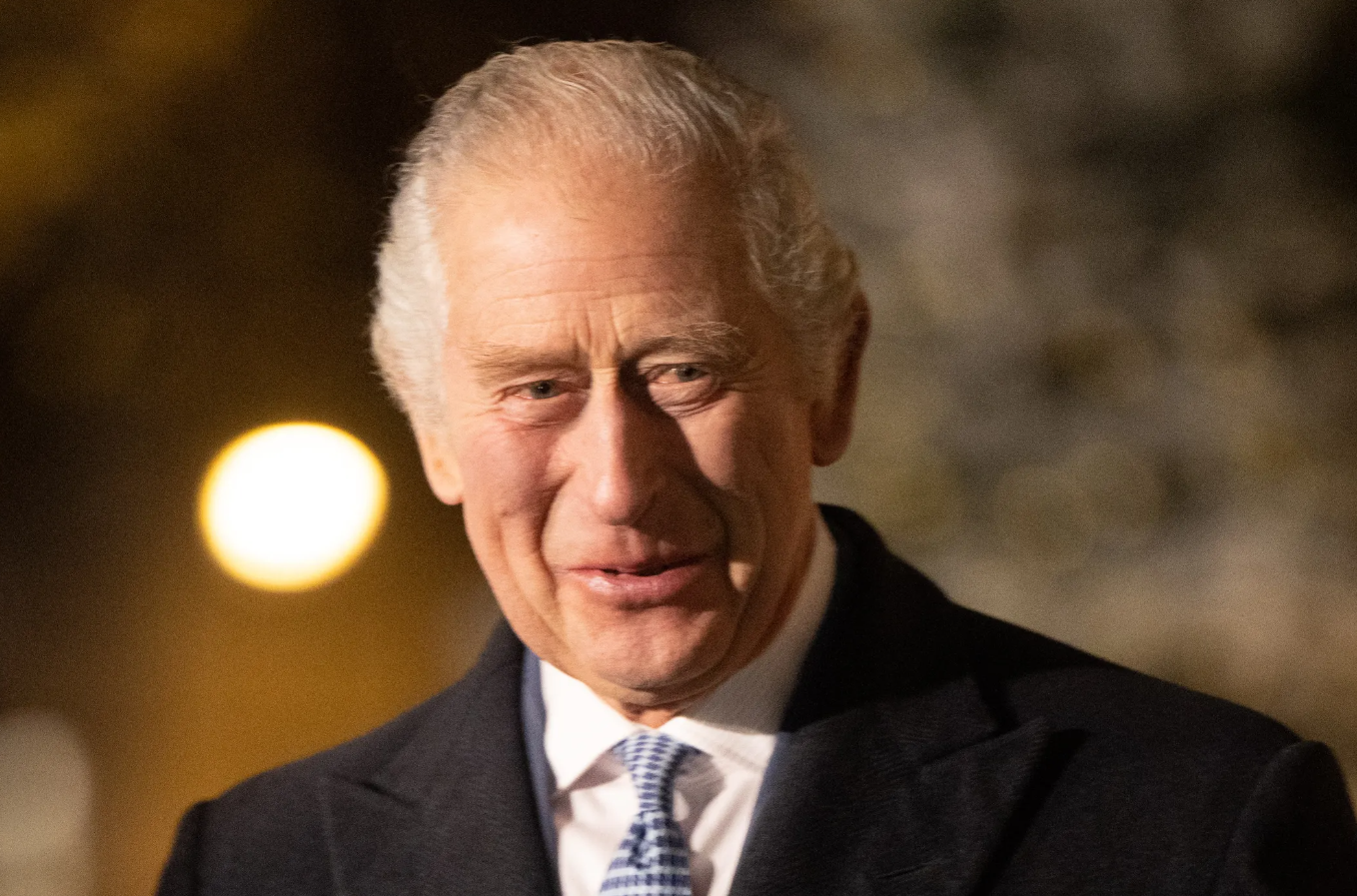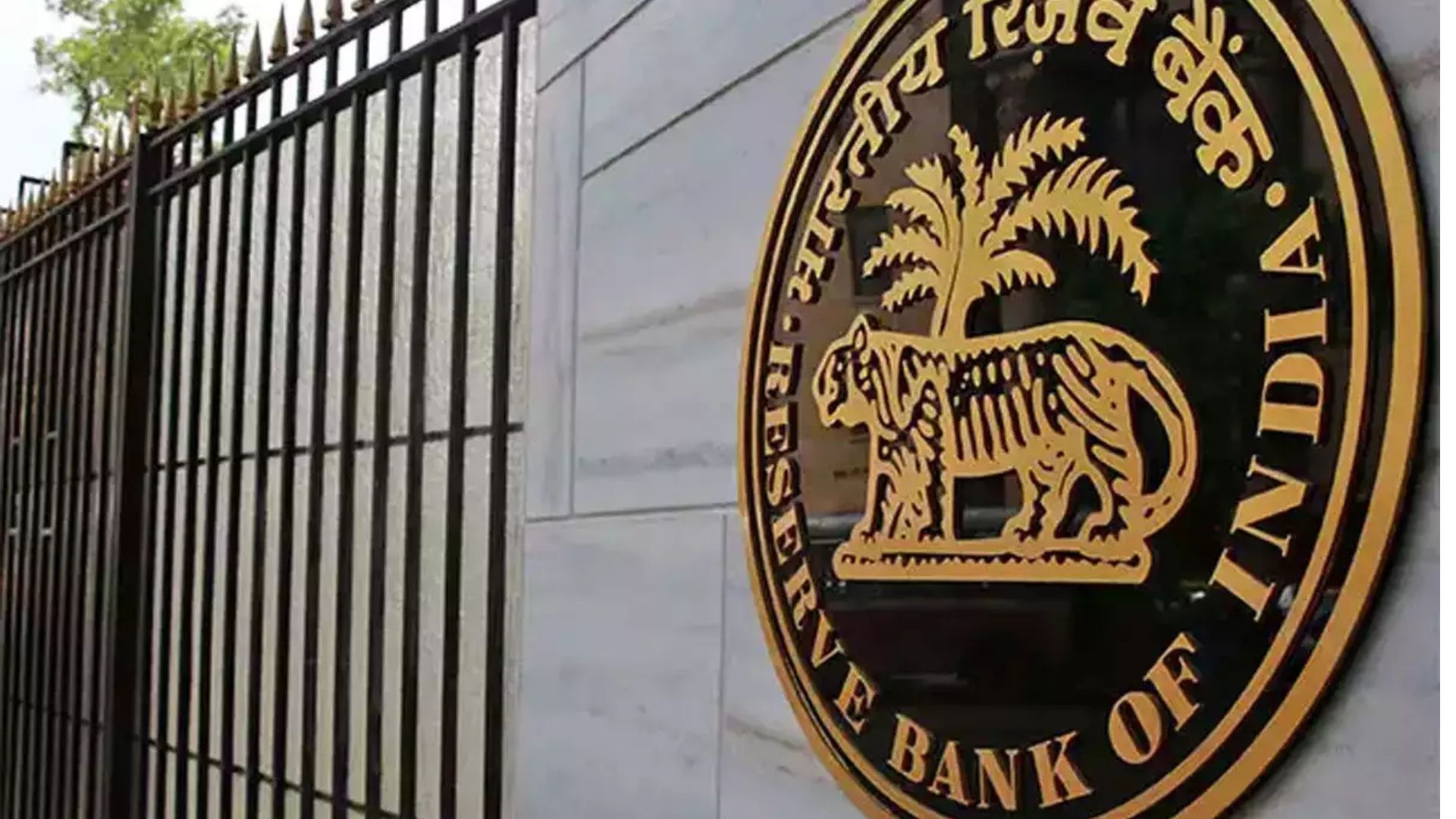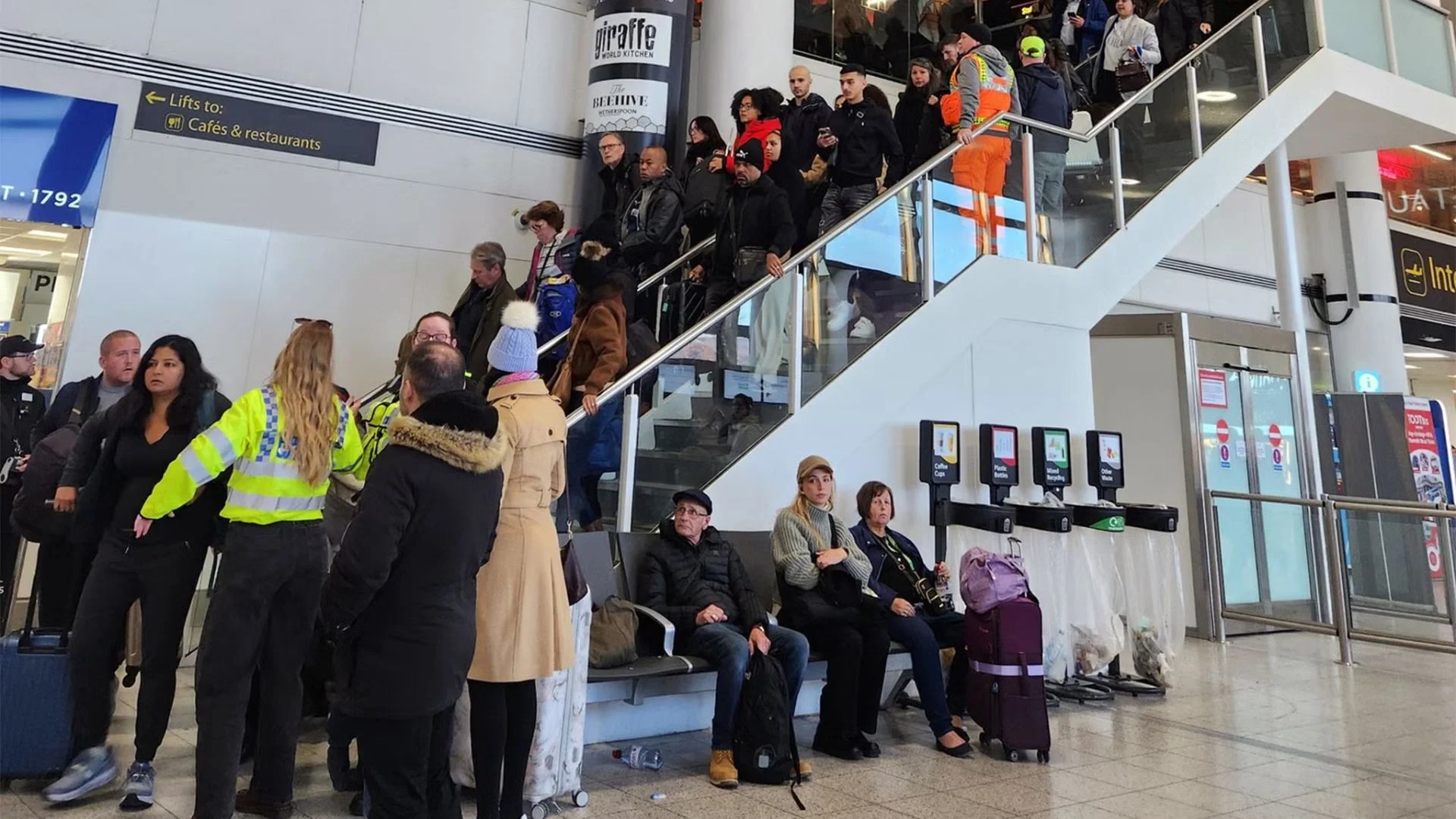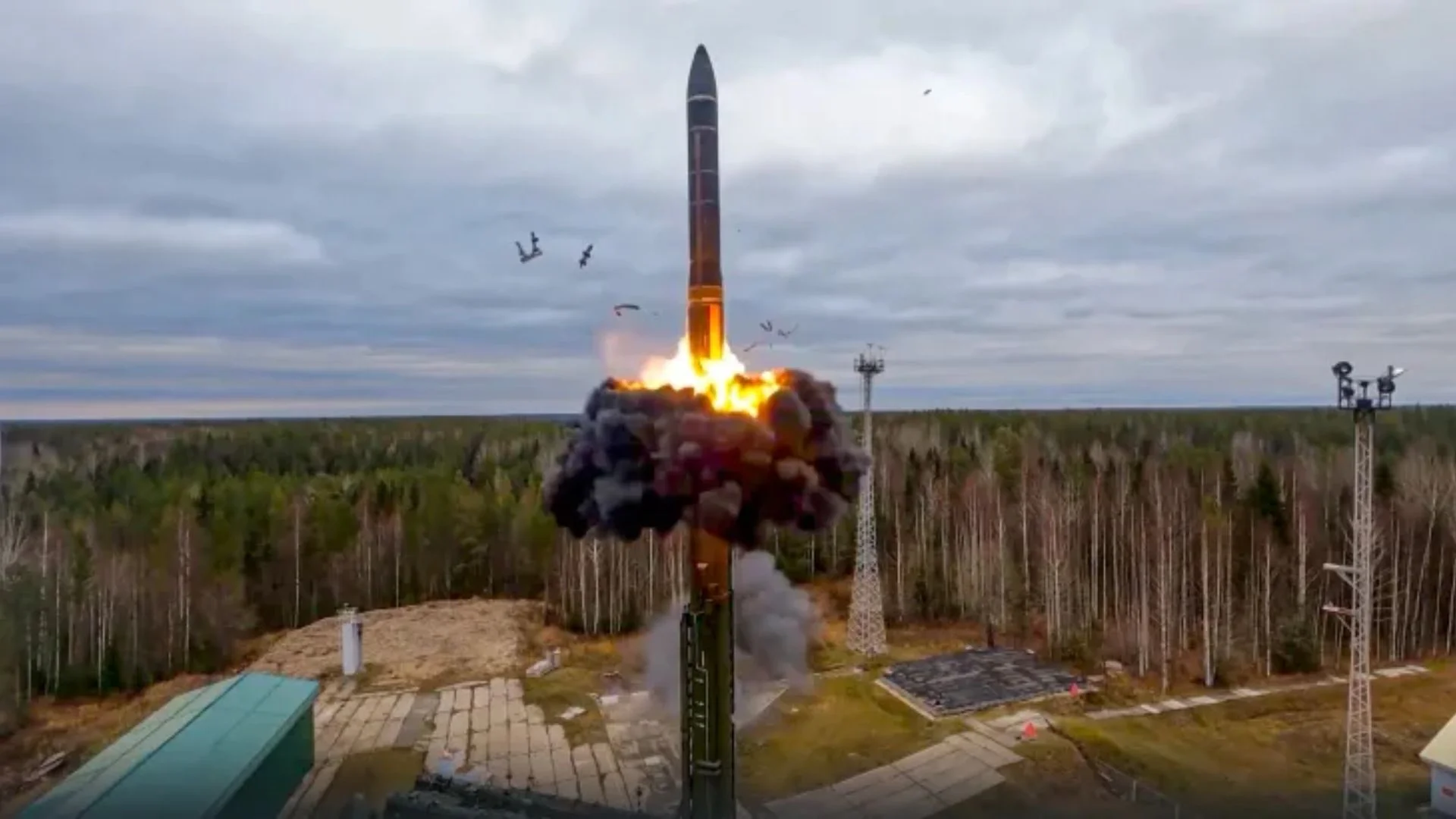
King Charles III wants to look to the future when his state visit to Kenya starts on Tuesday. But first he will have to confront the past.
As Charles prepares for the four-day trip to Kenya, he is facing calls to address the legacy of eight decades of British colonial rule, as well as complaints that foreigners still own large swaths of rich farmland, and that the U.K. has failed to accept responsibility for the crimes of British soldiers stationed in Kenya.
The trip will also be closely watched around the world, because it’s the king’s first state visit to an African nation and his first to a Commonwealth member since he ascended the throne last year. It comes at a time when the U.K. and the royal family is under pressure to reexamine the history of colonialism and apologize for its role in the trans-Atlantic slave trade. Behind the history and symbolism, Britain is keen to buttress its modern relationship with Kenya, which includes cooperation on counterterrorism and efforts to boost trade that totals more than 1.1 billion pounds ($1.3 billion) a year. Charles will underscore his commitment to environmental protection with visits to a national park to see vital conservation work undertaken by the Kenyan Wildlife Service.
The king has already shown a willingness to address difficult issues, opening the royal archives to researchers studying the monarchy’s links to the slave trade. Before assuming the throne, he acknowledged the “appalling atrocity of slavery” during a speech on the Caribbean Island of Barbados. “History never disappears,’ said Nick Westcott, a professor of diplomacy at SOAS University of London and a former director of the Royal African Society. “I think that’s how he sees it genuinely himself — that we shouldn’t paper over the past, pretending what didn’t happen, that you have to face up to it. But then the objective is to look at the future.”
Charles, the U.K.’s head of state, travels abroad at the request of the U.K. government and only when he’s been invited by the host country. The hope is that the glamour and goodwill generated by a visit from one of the most well-known men on Earth will strengthen the ties between Britain and Kenya. Kenyan President William Ruto invited Charles and Queen Camilla for the visit beginning in Nairobi on Tuesday. Kenya, once a British Empire jewel, played a crucial role in projects like the Indian Ocean-to-African interior railway. However, this colonial era featured dispossession of Black leaders, land seizures, and heavy taxes. The Mau Mau Rebellion in the 1950s, driven by these injustices, hastened the end of colonial rule. It led to severe measures, including executions and detention without trial, with reports of abuse against Kenyan citizens. In 2013, the UK government acknowledged the “torture and ill-treatment” during the rebellion, providing a £19.9 million settlement to over 5,000 victims.















